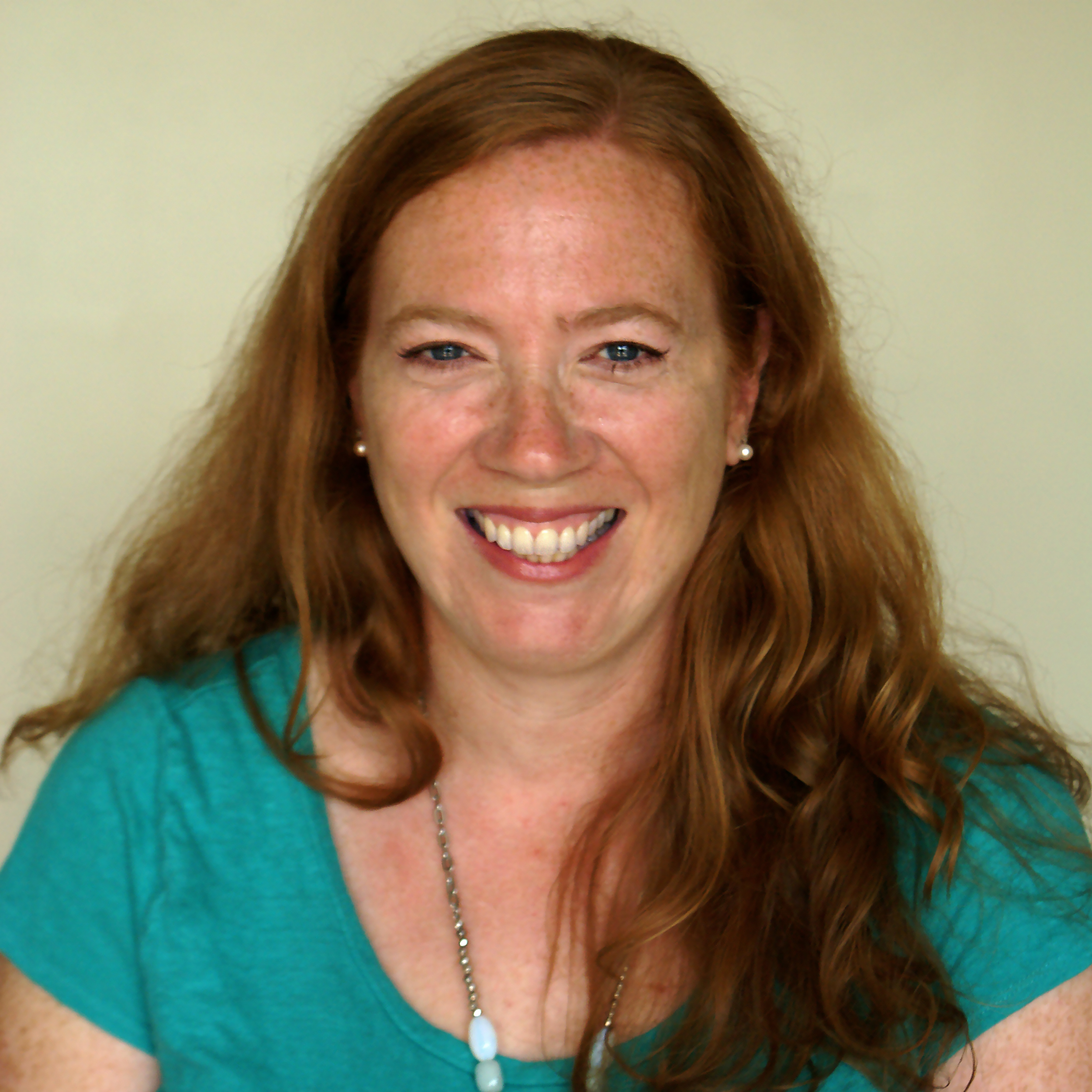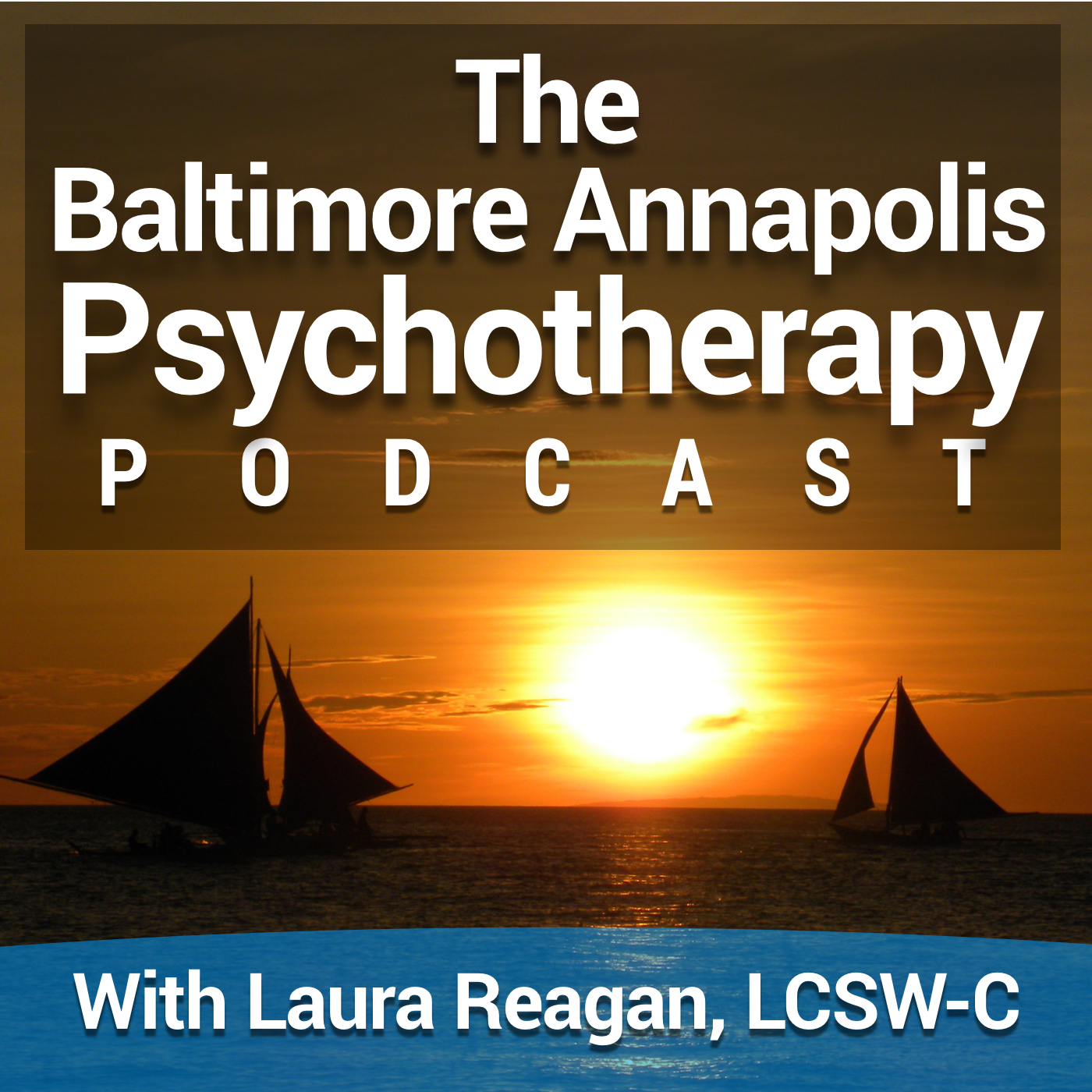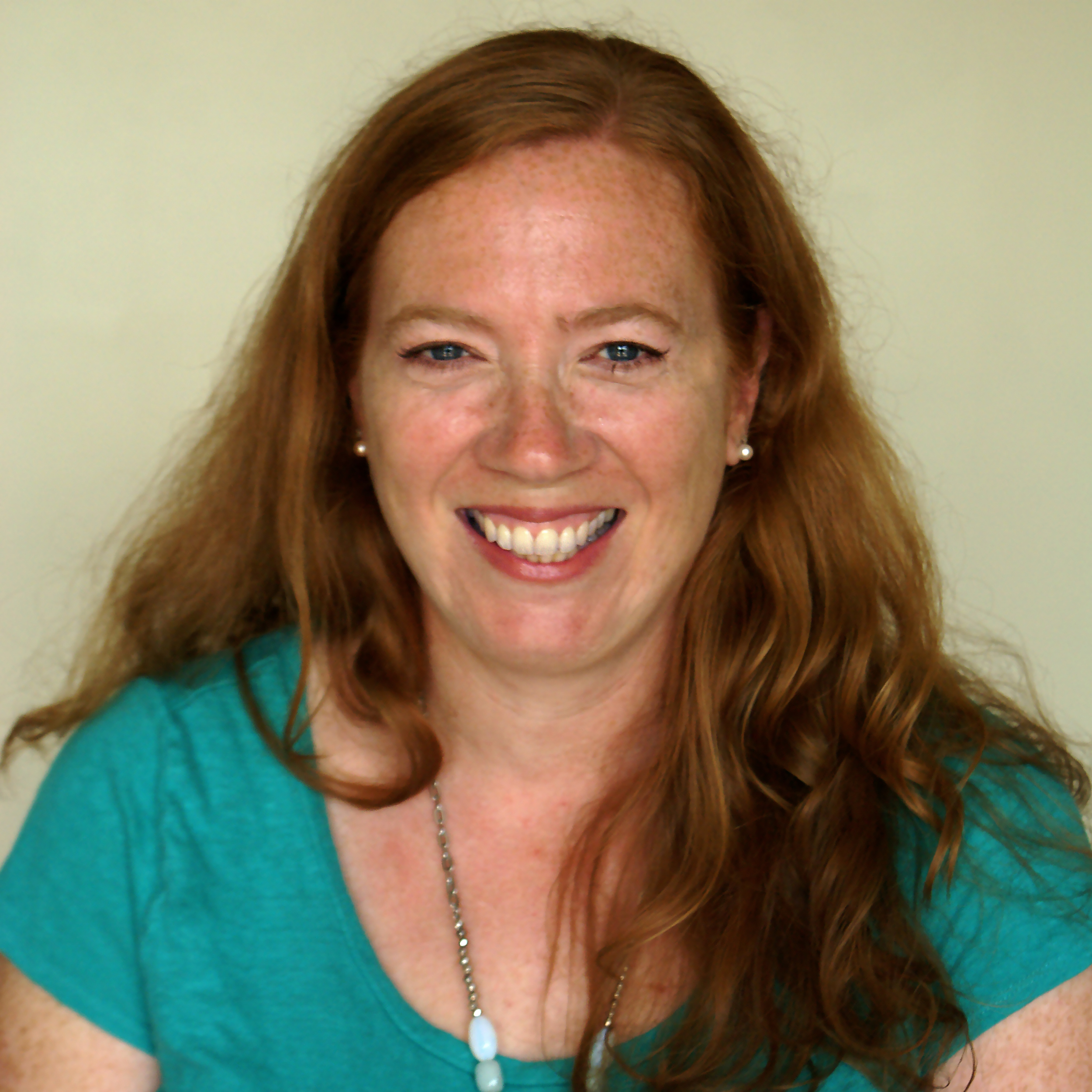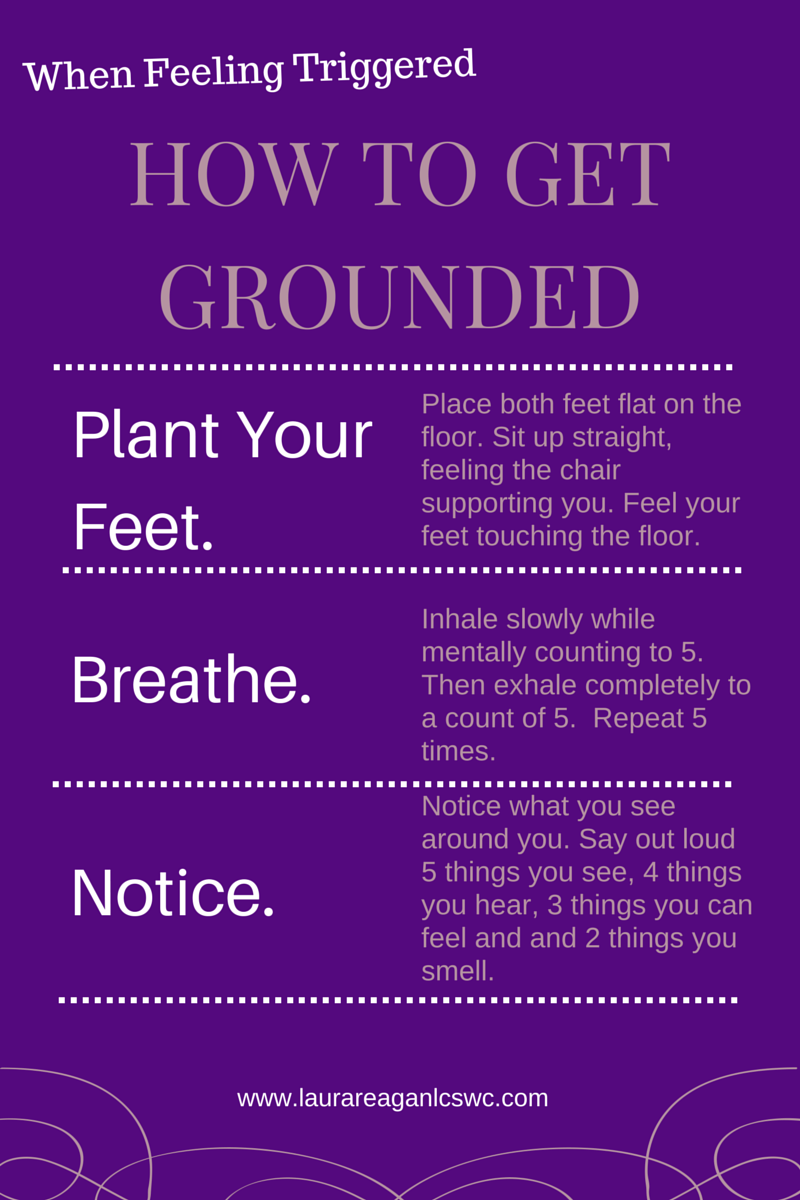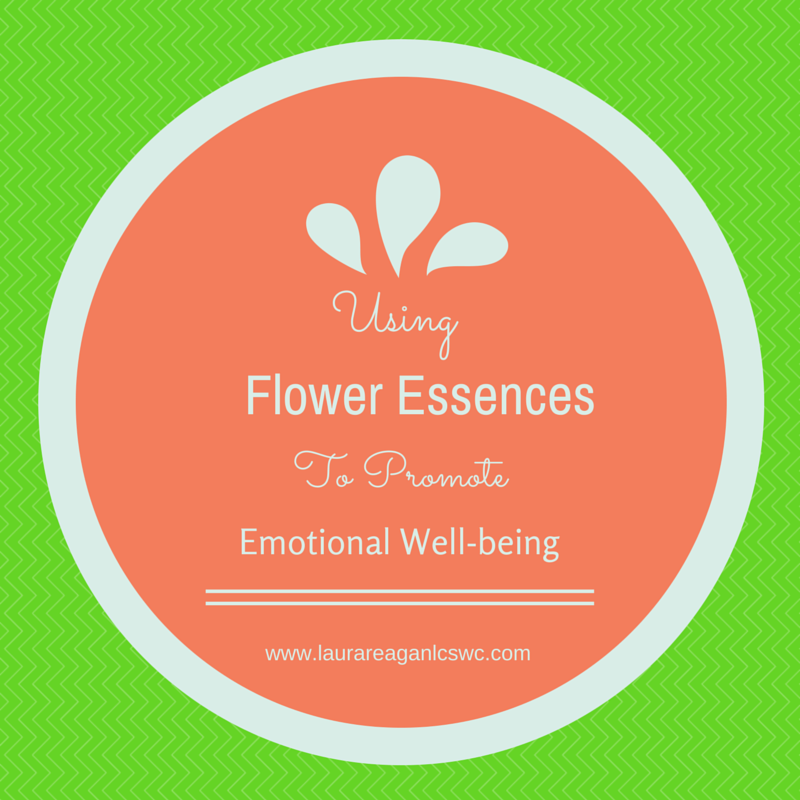"It's the most wonderful time of the year!" But not for everyone.
It's that time of year again, late November. Time for holiday cheer in all of its forms. It starts with everything pumpkin spice followed by turkey, cranberries, pumpkin pie, lights, wreaths, peppermint mocha, evergreen trees and family gatherings. At the tail end of the season you have New Year's parties and resolutions for the year ahead.
For some of us, this is a time of year to look forward to with excitement and joy. We envision happy reunions with loved ones who live nearby and those who don't visit as often. Everyone is laughing, enjoying time together, feeling gratitude, contentment and peace. There are parties to attend, heartfelt gifts to give and receive, special traditions and family celebrations which have been repeated year after year.
Not everyone is feeling the love, though. For many of us, the holidays are quite the opposite. My clients often share that the holidays are the most difficult time of year. Why? I will give you three good reasons below. In my next two posts I will talk about ways to survive, and even thrive during what can be a tough time for so many of us. Read on below to find out why my clients say that the holidays can be the most stressful times of the year, rather than the most joyful. If you've ever felt the holidays are more challenging than fun, tune in to the Baltimore Annapolis Psychotherapy Podcast to hear strategies for making this time of year more bearable! You can listen to the podcast episode on this topic by clicking on the image below.
1. You want to feel excited about the holidays, but you can't be with the people you love.
- You may have lost someone you love in the past year. The first everything without them is hard, but the holidays seem to hit particularly hard. It might feel like you are just going through the motions. Even if their loss is not new, you're reminded of the pain of missing them every holiday.
- Maybe this is your first Thanksgiving or [insert the winter holiday you celebrate] since an important long term relationship ended. Being suddenly single at the family gathering can feel like you have all eyes on you as you try to act normal and hope no one will ask about why you and your ex aren't together anymore.
- Perhaps you can't be with your family, and it just doesn't feel right celebrating the holidays away from the people you love. Whether you're a deployed military member or the family left back home, it's hard to be away from the people you love at the holidays. Sometimes geographical distance just makes it too hard to visit at the time of the year which is, let's face it, the most expensive and stressful time for air travel. You may have limited time off from work and spending those precious days hustling through airports or driving on congested roadways for a short visit, only to turn around and do it again to get back home, may be less than appealing.
- Maybe you're divorced and dreading dividing holiday time with the kids between you and your ex-spouse.
- You might be local, but you're staffing the hospital, fire or police station, mobile crisis team or other 24/7 job so your co-workers can be home with their families. While you love your job, it does put a damper on holiday celebrations. Don't forget to take care of yourself - helpers need help too!
2. Trying to create the "perfect" holiday is stressing you out!
- Consumerism is at an all time high during the holidays. We all know that stores have started putting up Christmas displays sometimes even before Halloween. Black Friday, the annual shopping day after Thanksgiving that supposedly offers the best sales has creeped into Thanksgiving, and there have been a lot of complaints about intruding on this annual holiday and forcing retail store employees to miss their families' celebrations.
- You may feel pressure to find the "perfect" gift for everyone on your list. You worry about finding the right combination of thoughtful and affordable for each person and your list is growing year after year!
- You feel the "proper" way to celebrate the holidays is to decorate your house just so. This means putting up lights outside, decorating with wreaths, electric candles in the windows, and setting just the right festive tone. It has to look better than everyone else's house, and can't be the same as what you did last year. This is expensive, time consuming and can be stressful for you and anyone who is helping you with all of this setup.
- The holidays can put a huge strain on finances! When you add up the costs of greeting cards, postage, home decorations, holiday meals for large numbers of people, buying the right outfit for each holiday party you attend, alcohol and travel, you have quite a large amount above your usual monthly budget. And for many of us, there is no extra pay in the months of November and December to cover these expenses.
- You're putting pressure on yourself to create perfect holiday memories. Buying children expensive gifts can be a way that parents try to ensure their kids' happiness. If your financial situation is strained you may find yourself comparing the number of gifts you're giving your children for Christmas or Hanukkah with what other families are doing and feeling you come up short. This can cause a lot of shame at this time of year. If you put too much pressure on yourself to create a "perfect" family, click here!
3. You can't stand getting together with your family of origin.
Feeling alone? Left out in the cold?
- If you had a less-than-happy childhood, those feelings frequently come to a head at this time of year. When gathering with extended family, unresolved and unspoken issues can be the elephant in the room. No one is willing to talk about it, but everyone knows it's there - Tommy and Joey don't get along, and Mom and Dad keep trying to get them to spend time together. Or Uncle Fred is creepy and everyone feels uncomfortable around him, but no one feels like they can speak up. There are secret alliances and certain people being kept in the dark to avoid upsetting anyone. The kids, who can usually sense what's really going on, may act out, feeling the stress and tension that is palpable while the adults seem oblivious.
- Some family members may think of family gatherings as a time to pretend to be one big happy family, while others are just waiting for the chance to air their grievances. Or maybe everyone is pretending to be happy through clenched teeth, but once the alcohol starts flowing people are saying what they really think. Longstanding jealousy and resentment between siblings tends to show up in these situations. Part of us is hoping to have that perfect holiday that we think everyone else enjoys, while another part of us is dreading seeing these people again.
We get the message that we are supposed to love the holiday season, but for those who feel disappointment and grief over what's missing, it can be overwhelming. If you're in Maryland and you'd like some support in getting through the holidays click here to see if working together would be a good fit. You can also e-mail me at laura@laurareaganlcswc.com or call me at (443) 510-1048.
I'll write more about getting through the holidays soon and I'm planning to host some workshops on self care during this festive and stressful time of year. Get in touch with me if you'd like more info on that!
Want to hear more of what I have to say? You can sign up for my newsletter. I'm not one to bombard you with newsletters and clog up your inbox. I send them every so often when I have something to say that I think you might find useful. You can also follow me on Twitter, Facebook, Pinterest & Google+.
And to listen to The Baltimore Annapolis Psychotherapy Podcast you can click here! Please consider leaving a review on iTunes if you like it!
Warmly,
Laura Reagan, LCSW-C






